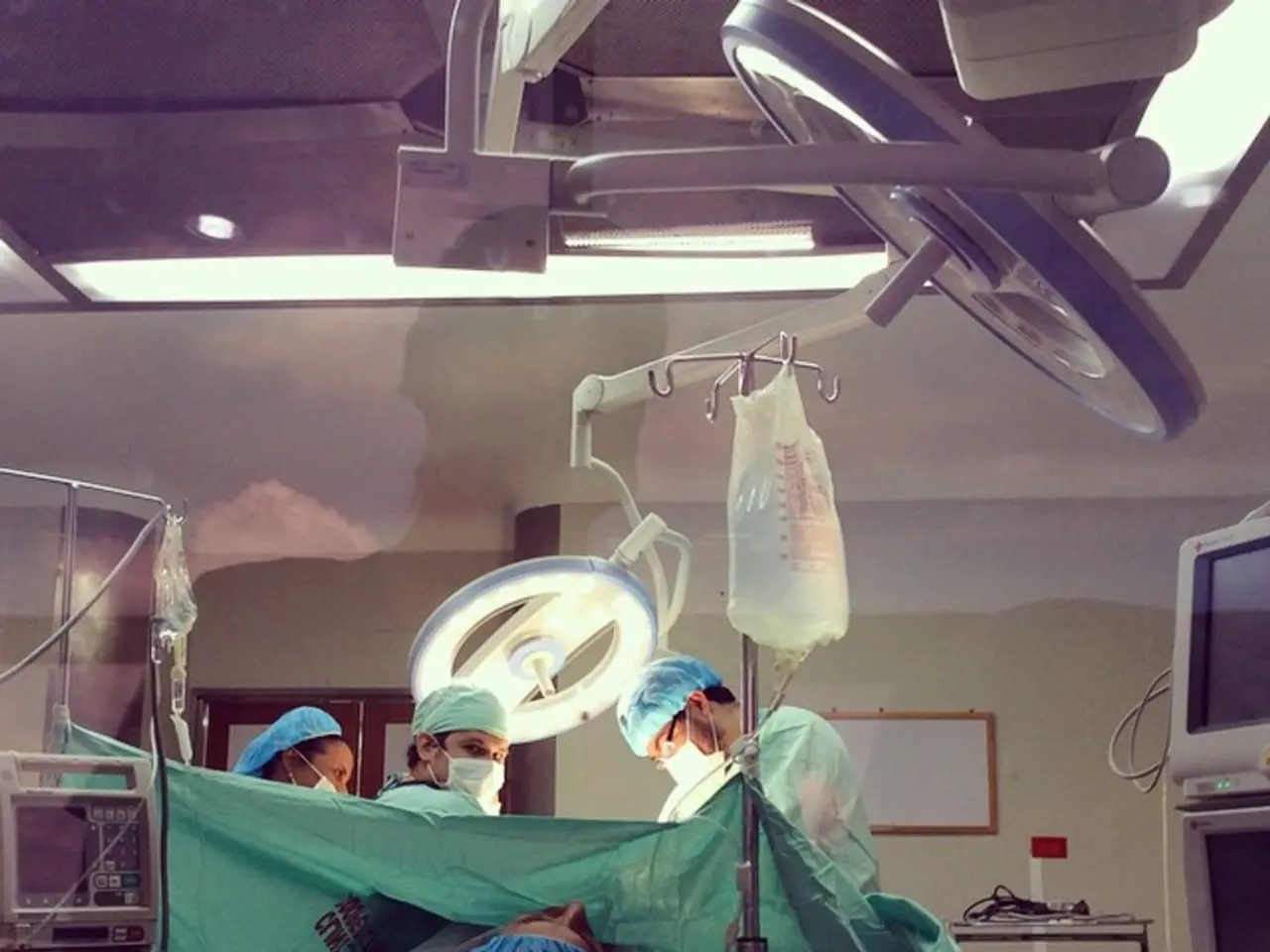Increased Bariatric Surgeries in Germany for Overweight Patients - Increase in Weight Loss Surgeries in Germany
Germany has seen a significant increase in bariatric surgeries in recent years, driven by improved guidelines, rising obesity rates, and expanded surgical guidelines. These surgeries, which primarily include gastric bypass and sleeve gastrectomy, aim to reduce the size of the stomach and/or alter the food passage between the stomach and small intestine.
According to data from health insurance companies for the 2025 hospital report, approximately 15,900 bariatric surgeries were performed in Germany in 2023. The gastric sleeve method was predominantly used, with around 11,700 surgeries, while the gastric bypass was the second most common procedure, with around 10,200 surgeries.
These surgeries have shown high success rates. They are effective in achieving substantial weight loss for patients with a BMI over 40 or those with obesity-related comorbidities. They result in improved metabolic health outcomes and decreased mortality risk. However, readmission after surgery can occur, often related to complications such as infections, nutritional deficiencies, or issues related to excess skin after weight loss.
Three-quarters of bariatric surgery patients in Germany require readmission after their surgery, on average, six times. The most frequent reason for readmission is the removal of excess skin, which can cause physical and psychological burden. Studies are ongoing to better understand and manage excess skin issues post massive weight loss, which can prompt further procedures like body contouring surgery.
Barmer CEO Christoph Straub believes that bariatric procedures can reduce obesity and its associated diseases. He emphasizes the importance of monitoring surgical outcomes through registries to optimize treatment and ensure the best possible outcomes for patients.
It's important to note that not all treatments after bariatric surgery are directly related to the surgery itself. In some cases, the weight loss resulting from bariatric surgery may make the insertion of artificial joints possible.
In conclusion, the increase in bariatric surgeries in Germany reflects improved guidelines and demand due to obesity. These surgeries, while effective, come with some risk of readmission mainly due to complications and excess skin burden after surgery. Monitoring surgical outcomes and providing comprehensive care are crucial to ensuring the best possible outcomes for patients.
- The community policy should encourage the routine monitoring of bariatric surgery outcomes to optimize treatment and ensure the best possible results for patients, as emphasized by Barmer CEO Christoph Straub.
- The community policy on health and wellness should address the management of excess skin issues post massive weight loss, as these problems can prompt further procedures like body contouring surgery.
- In addition to bariatric surgery procedures, the community policy on medical-conditions and nutrition should take into account how weight loss resulting from bariatric surgery can make the insertion of artificial joints possible.




